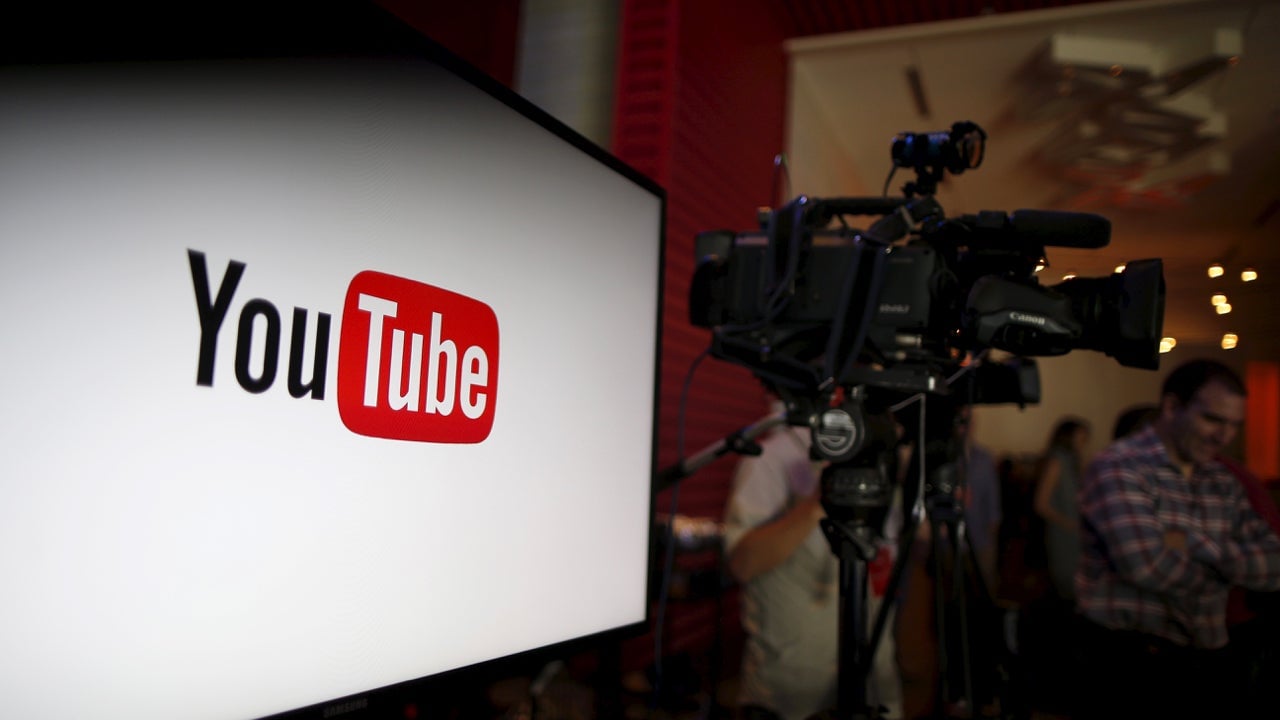A leaner YouTube is what Africa’s video creators—and audiences—have been waiting for
Video is everywhere on the internet, and yet for many Africans it’s all still a buffering frustration.


Video is everywhere on the internet, and yet for many Africans it’s all still a buffering frustration.
Adaptation to video on a mass scale has been slow on the continent, even as television streaming services enter the African market. The majority of viewers, who access the internet via their mobile phones, are left behind because video content’s heavier data requirements are still too costly. That buffering has also slowed the progress of the entertainment industry. Now, Africa’s YouTube stars could unlock new audiences with a more data cost-saving version of YouTube.
Following in the footsteps of Facebook’s Free Basics, YouTube has launched a leaner version of itself aimed at emerging markets, YouTube Go. The app’s potential goes beyond attracting new eyeballs to online video, it could bring new gains to the local entertainment industry. In the west, YouTube has already become an integral part of television and online viewing, but in countries with slow connections and high data costs, the platform’s effect has been less pronounced, but there’s plenty of potential.
Ugandan comedian Anne Kansiime’s comedy was able to cross borders thanks to YouTube. As a novice on Uganda’s still nascent comedy scene, she just wanted feedback on her work so started posting her videos online. Soon, her skits were shared as far as the Uganda diaspora, and around the region, and then came the phone calls from television stations and live tour producers. Kansiime’s videos tap into a universal experience, as any good comedy should, that would have been limited to a local audience had she not found her millions of fans online.
Kansiime is part of a growing number of entertainers who are building a career online first. South African actress Julia Anastasopoulos’ spoof domestic goddess character Suzelle DIY led to inserts on Comedy Central Africa and a new show on DStv’s Showmax. Nigerian-British Ikenna Azuike left a career as a lawyer after his off-the-wall news reports, What’s Up Africa, led to regular appearances on the BBC.
Since its creation in 2005, the video platform has launched the careers of hundreds of YouTube stars. Considering that Issa Rae’s HBO Insecure hit started as a short YouTube series The Misadventures of Awkward Black Girl, YouTubers are all too aware of the potential of the platform. The online platform allows YouTubers to experiment with formats and content that may not appeal to traditional television content buyers, but are just right for audiences with five-minutes to spare. A strong online following invariable leads to traditional television deals.
Now with a less demanding version of YouTube, audiences are free to explore concept shows like Oumo Bah’s West African recipes and South Sudanese make-up vlogger’s Nikki Perkins’ beauty tips. YouTube Go lets viewers preview the video first, and then allows them to choose the data they’d like to use by selecting the quality: basic, standard and high quality. Viewers can either stream the video or download them. The app also allows users to share videos using bluetooth and wifi and uses encryption protocols to ensure security. This ability to share videos is key to growing audiences, as Kansiime’s career shows, with her skits shared far and wide.
The app has “been built with an ‘offline first’ philosophy so that it works even when there’s low or no connectivity,” according to a statement from Google Africa, YouTube’s parent company. The app has been available since February, but was formally launched in South Africa this month, after its launch in Nigeria in July.
YouTube will highlight region-specific trending videos, which could also be a boon for local content makers competing with millions of videos from around the world. It’s already clear that the audiences and producers are taking online viewing more seriously. This year, one of the continent’s premier film festivals began African filmmakers are also already making web-first series and films that are good enough to be screened at film festivals
That many of these successful YouTube shows and films are led women, young people and queers, is a sign that YouTube could disrupt the traditional production environment, with who gets to be in front and behind the camera. The challenge, remains, however, in how to make money until you’ve landed a traditional TV deal.